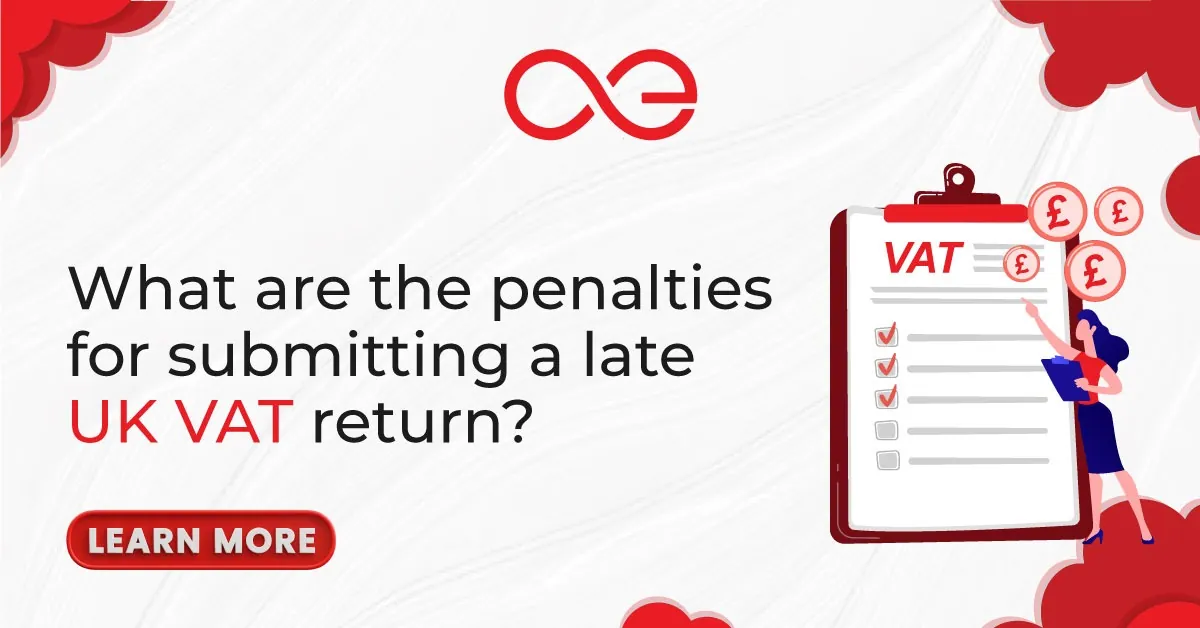What is self-employed accounting software?
If you’re self-employed, you’ll need to make sure you’re keeping records of all of your income and expenditure in order to submit accurate tax returns. Self-employed accounting software helps you do this by providing an online platform to record and store all your digital paperwork.
You’ll be able to explain transactions and use them to generate tax returns such as your annual self-assessment. The best software even lets you submit your returns directly to HMRC.
Why should you use it?
Self-employed accounting software saves time and makes it easier to track things.
You’ll also make the accountant’s job easier and faster if they are used to submitting your tax returns. This results in lower accounting fees. Many people can even do without an accountant.
Using accounting software to avoid fines
Accounting is one of the worst parts of running a business. Unfortunately, it’s a part of business that can’t be avoided. Your accounts must be accurate, up-to-date and submitted by the due date.
You could be facing dire consequences if you do not. You can even be £100 for submitting your tax return late. You’ll be charged more if you file late. You’ll be charged interest for late payments.
You don’t want yourself to be in this mess. This is where self-employed accounting software can help.
FreeAgent
It is easy to use, and it’s one of the best softwares out there for those who are self-employed without any previous experience. This is why it’s ranked so highly in our list of the best self-employed software.
This program has some amazing features to help you:
- Estimates and invoices
- You can store receipts and photos in Expenses.
- You can invoice more accurately with time tracking.
- Self-assessment tax return
- VAT or other corporation taxes
You’ll find more than enough features to run most small businesses.
FreeAgent isn’t the most affordable option in the market. Prices start at £19 per month.
Quickbooks
Quickbooks has been designed for small businesses. This platform is perfect for sole traders and self-employed people.
You can create and track invoices and organise your cash flow. It will also automatically import your transactions if you have a bank account connected. This reduces the amount of work you need to do.
Quickbooks can even generate your tax return automatically. If you are self-employed, this is a lot to think about.
FreshBooks
FreshBooks is a platform that was specifically designed with small business owners in mind. It’s also one of the best accounting software for self-employed people.
Client-based businesses will appreciate the features of this software, such as easy billing and time tracking.
There’s more to it, though. The accounting side offers some great integrations to help you keep your bookkeeping and tax records up-to-date.
Zoho Books
Zoho Books is also highly recommended in our list of best accounting software for self-employed individuals.
Zohos Accounting Platform is actually quite good. It’s probably better known as a CRM tool and other business tools. The software has many of the features found in other business tools. It is also free if you have an annual income below £35k.
There is a slight learning curve, due to the sheer number of features available.
Xero
Xero, when it comes to accounting programs, is a powerful force.
As we mentioned in our full Xero review, Xero one of the few companies that offer a version of their app on the apple watch. No matter where you are or what device, if you’ve got an internet connection you can access it. Now, that’s accounting on the go.
This software was designed to cater to large and medium businesses, not to the self-employed. Some of the features are a bit complicated, and you won’t need them.
Sage
To tell the truth, The Sage is probably a bit too advanced for small businesses.
We’ve added it because we understand that everyone has different needs. Sage’s more advanced features may be very helpful if you are planning a large growth.
You might want to spend some time learning the powerful features of Sage 50Cloud now, as it is easier to stick to one platform than to switch. Read our full Sage review for more information.
What are the accounts that self-employed business owners need to maintain?
Start with the records that independent businesses such as yours should (and must be!) keeping.
Not every report will be examined. You will need them to calculate accurately your profit or loss on all of the paperwork and tax returns you’ll complete.
You’ll need to deal with paperwork if you want your business to succeed.
Once you have calculated the amount, keep your documents. Keep them safe for a minimum of 5 years following the submission of your tax return. You may be asked at any time to give them to HMRC.
Included in this is:
- All receipts and stock
- Bank statements, chequebook stubs
- The sales invoice, the bank slip and the till roll




